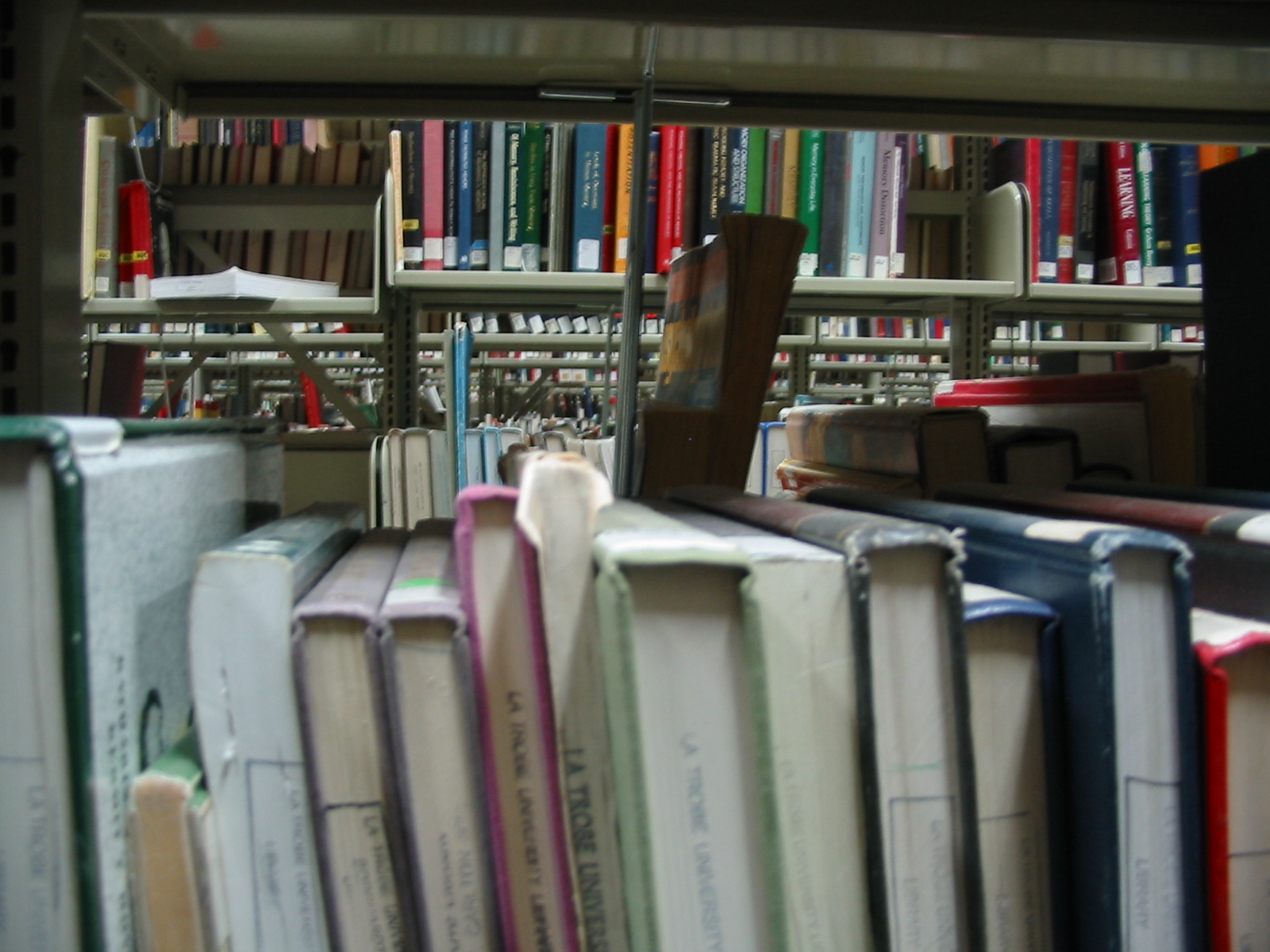
One of the most oft quoted pieces of advice to anyone who wants to be a writer is to focus on what you know. Sticking with that approach means that you end up with a genre of books that are semi-autobiographical but attempt to widen the story away from just one character describing the actions and thoughts of other people. Konstantin Paustovsky falls into that category along with the likes of Marcel Proust but what makes his work standout is its setting.
He has the benefit of using the Ukraine as a backdrop and is able to produce something that is not that far removed from Vladimir's Nabakov’s Speak, Memory with a family on the brink of great change as the World War and revolution arrives. Those who support change from the luxury of a cosy middle class existence seem, just like in Speak, Memory, to be particularly naïve about what the future holds.
Plot summary
Starting with his father’s death from cancer Konstantin then traces back his family history to the age of about six or seven and then takes it up to his early twenties. In that time his family is torn apart by his father’s political views and an affair that not only divides father and mother but throws the later into poverty. His mother and blind sister become the two tragic figures not only because of their poverty but because Konstantin can only see them as barriers on his route to independence. Konstantin’s answer is to escape to Kiev and study and teach to get by and most of the recollections are about his experiences at school and the different teachers he encounters. But this is also a story about a country at the crossroads and the defeat against Japan in 1905 is a cause of national shame and the indications made by the Tsar in that same year that some concessions will be made around his autocratic rule lead to demonstrations which are then put down with troops and gunfire. But throughout all these stages the countryside is a constant and at the end when Konstantin is fighting heart break it is by focusing on the landscape that he manages to regain his happiness.
Is it well written?
It takes a bit of time to get going because things start backwards in the way you are introduced to a dying estranged father who is then used as a point at which to look back and start the story properly. The feeling grows though that this is a magical world of childhood that is supported and heightened by the environment and there is something that weaves in and out of the writing as another character and that is the steppe and Kiev. By the time the book comes to a close you want to rush out and see how the story of his life continued and that is the best way of indicating this book manages to grab hold of you.
Should it be read?
For those Russian scholars looking for another point of view of life in Kiev pre-revolution it should be added to the list. For those who enjoyed the role that the countryside plays in their works of Boris Pasternak and Mikhail Sholokhov then this can be appreciated. But for anyone who has ever been tempted to look back on their childhood and recall their first kiss, the first time they caught a chill after being caught in a thunderstorm and the memories of friendship with extended family and friends this should provoke memories that might have been lost at the back of the mind.
Summary
Growing up is a painful battle between aiming for independence and understanding the role the family, money and politics plays on reaching it







